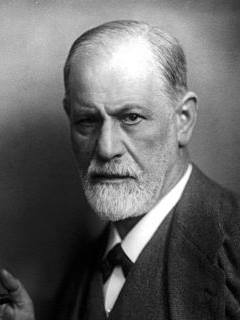

Freud, object relations, agency and the self
pp. 157-180
in: Man Chung, Colin Feltham (eds), Psychoanalytic knowledge, Berlin, Springer, 2003Abstract
In the background to this chapter is a view about what is most significant and novel in the psychoanalytic understanding of mind. It could be summarised under these heads: (1) the developmental perspective in understanding mental functioning; (2) the unrivalled significance of object relations (relations to people and their parts in "outer' and "inner' worlds, including relations to one's self) in the life of the mind; (3) the systemic or structural conceptions of mind which evolved in and from Freud's later work;2 and (4) the insistently orectic and wishfulfilling character of mind. The view is not only that these things are clinically most significant, but that they are also philosophically most significant. The latter claim is unlikely to attract the same level of agreement as the former, at least among philosophers working in the Analytic tradition. From that tradition's current redoubts this selection of psychoanalytic themes is likely to appear eccentric.



